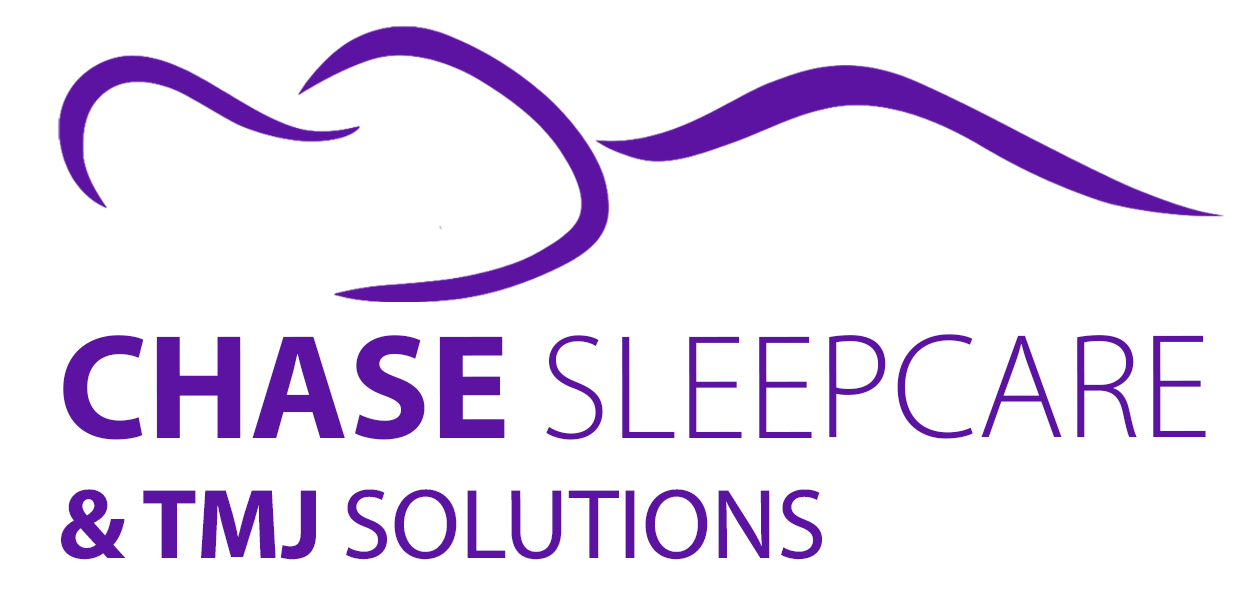Drinking water is essential to living and is a healthy habit but is drinking water before bed healthy?
Here are a few helpful and not so helpful effects of drinking water before bedtime. Who knew, it may even help as a snoring treatment.
Here are a few facts about the benefits and the detrimental effects of drinking water before sleep:
What is the connection between drinking water and sleep?
Did you know that while sleeping, just based on the humidity in our breath, we lose about 1 liter of water each night! So, we wake up dehydrated. Also, there is new research that suggests that not getting enough sleep can cause dehydration. Just these two facts alone should have you reaching for that glass of water. But before you do read on to find out the good and the bad.
Benefits
1. Improved Mood
Water deprivation can affect your mood which would affect your overall sleep cycle. People who generally drink a lot of water have a hard time feeling calm and positive if their water intake reduces.
On the other hand, people with a low fluid intake showed more positive emotion, calmness, and satisfaction after increasing water intake.
2. Natural Cleanser
Drinking water – particularly warm water – is a way to naturally detox your body and improve digestion. Warm water helps increase blood circulation and helps your body break down waste.
It also increases your sweat output which helps your body get rid of toxins and clean skin cells. Drinking warm water will also keep you hydrated throughout the night. Moreover, it can also help relieve cramps.
3. Prevents Headaches, Nighttime Leg Cramps, and Snoring
Dehydration can lead to the symptoms listed above. If you suffer from any of these, you may want to think about increasing your water intake. If the symptoms persist, you may want to speak with your doctor and be tested for sleep apnea.
Detrimental Effects
1. Nocturia
Nocturia is the increased need to urinate during the night. Research suggests that drinking too much water increases trips to the bathroom. It can happen to people of all ages but is more common in the elderly.
Repeatedly getting up to urinate can affect the quality and duration of your sleep. If this situation becomes a habit then you are at the risk of the following:
- Weight gain and obesity
- High cholesterol
- Depression
So you should avoid having too much water or any of the following at least 3 hours before bedtime:
- Alcohol
- Coffee
- Tea
- Cocoa or hot chocolate
- Sodas
2. Can Cause Nightmares and Sleep Problems
Drinking too much water does not mean you will be getting more nightmares but because you keep getting up in the middle of the night, you are experiencing more disrupted sleep. If you are prone to sleep paralysis and nightmares, you are likely to experience them more often. Your body might process the need to urinate as a problem and translate it into one of those dreams.
Drinking water before bedtime definitely has benefits if you keep it under control and don’t overdo it. Too much of it can affect your sleep negatively. So how do you know you are drinking enough water? A good rule of thumb is to drink enough water so that your urine is constantly very light yellow, almost clear. Keep in mind that everyone is different, and different bodies require different amounts of water to function at its peak.
Sleep and water intake are inextricably linked so you should be careful about your water drinking habits before bedtime.
We offer treatment for sleep apnea, TMJ, and Botox. We are located in Staten Island, Williston Park, East Meadow, New York and surrounding cities. Call us to book your appointment today.
